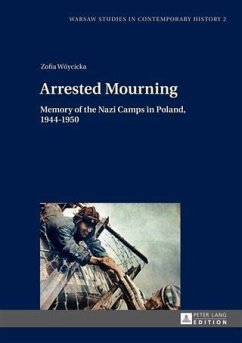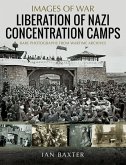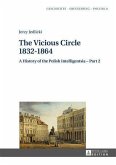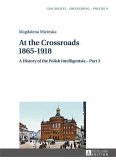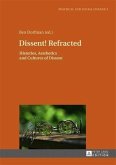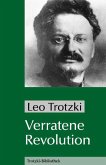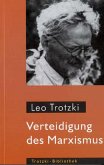«The vast number and variety of sources used in this work create a fascinating picture of a multifaceted, rich, vivid, and at times heated debate conducted in Poland in the late 1940s. A great merit of Wóycicka is to preserve this discourse from oblivion and to bring it back into the public sphere.» Barbara Engelking (Polish Center for Holocaust Research)
Dieser Download kann aus rechtlichen Gründen nur mit Rechnungsadresse in A, B, BG, CY, CZ, D, DK, EW, E, FIN, F, GR, HR, H, IRL, I, LT, L, LR, M, NL, PL, P, R, S, SLO, SK ausgeliefert werden.
Hinweis: Dieser Artikel kann nur an eine deutsche Lieferadresse ausgeliefert werden.

